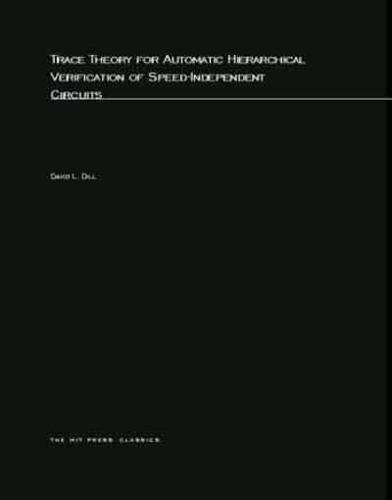Publisher's Synopsis
Speed-independent circuits offer a potential solution to the timing problems of VLSI. In this book David Dill develops and implements a theory for practical automatic verification of these control circuits. He describes a formal model of circuit operation, defines the proper relationship between an implementation and its specification, and constructs a computer program that can check this relationship. Asynchronous or speed-independent circuit design has gained renewed interest in the VLSI community because of the possibilities it provides for dealing with problems that arise with the increasing complexity of VLSI circuits. Speed-independent circuits offer a way around such phenomena as clock skew, which can be a serious obstacle in the design of large systems. They can expedite circuit design by reducing design time and simplifying the overall process. A major challenge to the successful utilization of speed-independent circuits is correctness. The verification method described here insures that a design is correct and because it can be automated it is a significant advantage over manual verification. Dill proposes two distinct theories - prefix-closed trace structures, which can model and specify safety properties, and complete trace structures, which can also deal with liveness and fairness properties.
Trace Theory for Automatic Hierarchical Verification of Speed Independent Circuits is a 1988 ACM Distinguished Dissertation












